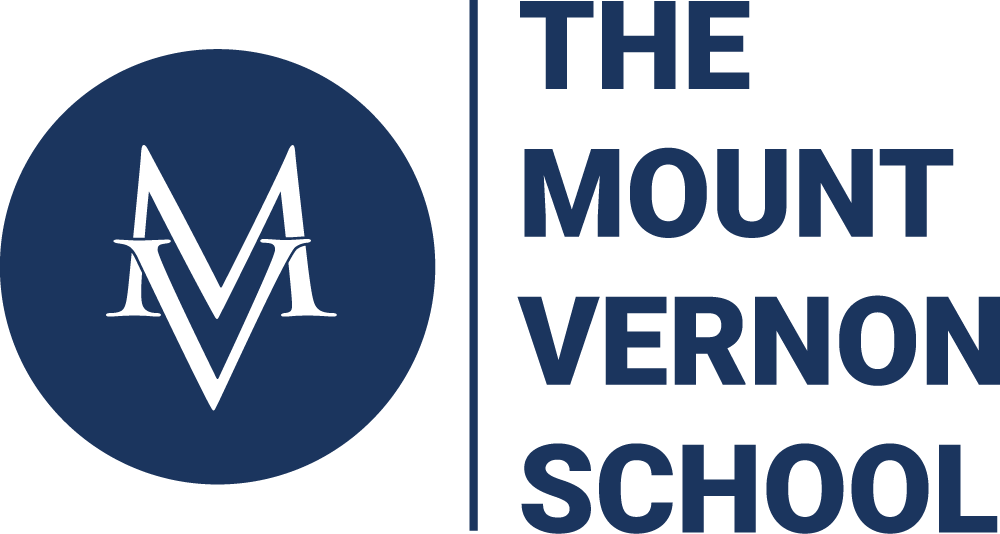Project Approach
Through the curricular model of The Project Approach, our teachers focus on being responsive to children’s interests to create meaningful learning experiences that are relevant to their lives and understanding. The Project Approach is an instructional method in which children (often) choose a topic of interest to study for a significant period of time. Rather than traditional “themes,” our teachers observe children’s play, looking for meaningful areas of interest or wonder within a group of children. By offering varied, shared experiences around the specific topic of investigation, teachers are able to guide children to make their own plans for learning as well as assist them in using a variety of resources to find new information. These resources can include visiting experts, books and video clips, as well as field-site visits to places of interest. Our teachers are able to integrate content knowledge like early literacy, mathematical understanding, and scientific exploration into project work through the use of these traditional and non-traditional resources. For example, children involved in project work must plan the questions they will use to interview topic experts, have assigned tasks or jobs on site visits, and sketch or write about their learning at different points of the project journey. Children often redraw the same objects or scenes as their knowledge grows adding details of gained understanding with each pass.

